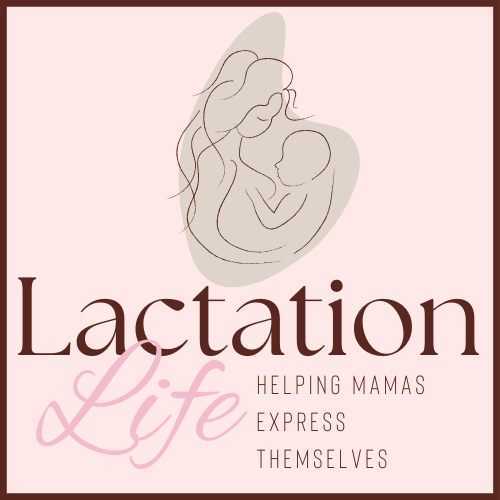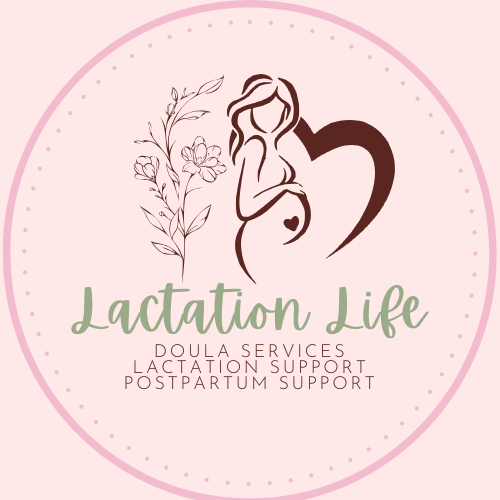Top 5 Reasons to Hire a Doula (That You Might Not Have Considered)
When you imagine your baby’s birth, you probably picture the moment you finally hold your little one in your arms. But the journey to that moment matters too. Birth can be intense, unpredictable, and incredibly powerful, and having the right support makes all the difference.

Many families are familiar with the idea of doctors, nurses, or midwives, but aren’t quite sure what role a doula plays. A doula is a trained professional who provides emotional, physical, and informational support before, during, and after birth. And while hiring a doula is becoming more common, the reasons why might surprise you.
Here are five powerful (and sometimes unexpected) reasons to consider having a doula by your side.
1. Doulas Help You Feel Truly Heard
In a busy hospital setting, it’s easy to feel like just another patient on the schedule. A doula’s role is different, they focus entirely on you. From listening to your hopes and fears, to helping you communicate your preferences with your care team, your doula ensures your voice is heard every step of the way.
This isn’t just about advocacy; it’s about respect. When families feel respected and involved, they often report more positive birth experiences, no matter how the birth unfolds.
2. Your Partner Gets Support Too
Sometimes people think a doula replaces the partner’s role, but in reality, doulas strengthen it. Birth can be overwhelming for partners as well, and many want to help but aren’t sure how.
A doula can gently guide your partner, offering suggestions for comfort measures, reminding them of encouraging words to use, or simply giving them space to rest and eat when needed. With a doula’s presence, partners often feel more confident and connected, instead of anxious or unsure.
3. Evidence Shows Better Outcomes
Hiring a doula isn’t just about comfort, it’s backed by research. Studies show that having a doula present is associated with:
- Shorter labors
- Lower rates of medical interventions (like cesareans, inductions, or epidurals)
- Higher rates of breastfeeding initiation
- Improved satisfaction with the birth experience
In fact, the American College of Obstetricians and Gynecologists has recognized continuous labor support, including doulas, as one of the most effective tools for improving birth outcomes.
4. A Doula Brings Calm to the Unknown
Birth is unpredictable. Even the most carefully thought-out plan may shift along the way. Having a doula doesn’t mean everything will go exactly as you imagined, but it does mean you’ll have steady, compassionate support no matter what happens.
Whether it’s helping you breathe through contractions, suggesting new positions, or explaining what’s happening in clear and simple terms, a doula provides a sense of grounding and calm. Families often describe their doula as their “anchor” in the storm of labor.
5. Support Doesn’t End at Birth
Birth is just the beginning. The early postpartum weeks, often called the “fourth trimester”, can be full of joy, but also challenges: learning to feed your baby, adjusting to new sleep patterns, and navigating emotional ups and downs.
Many doulas offer postpartum support, whether through in-person visits or continued virtual check-ins. That ongoing care helps families feel less alone, more confident, and better able to bond with their baby.
Final Thoughts
Hiring a doula isn’t about creating a “perfect” birth. It’s about creating a supported one. Every family deserves to feel informed, cared for, and empowered as they bring new life into the world.
If you’re considering a doula, reach out early, not only to secure availability, but also to begin building a relationship with someone who will walk this journey alongside you.
Because birth isn’t just about the day your baby is born. It’s about how you feel during the process, and that’s where a doula makes all the difference.











